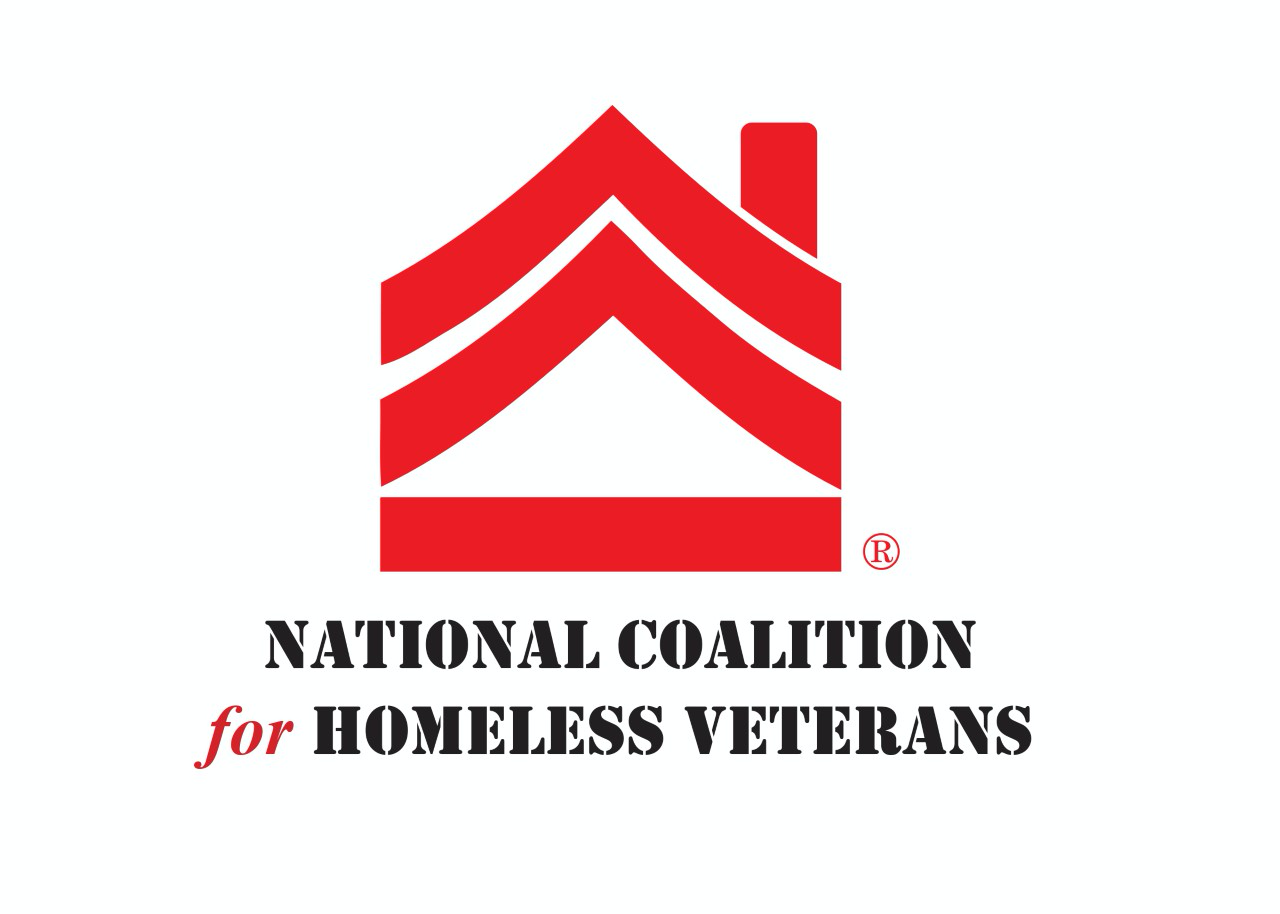The COVID-19 pandemic has wreaked havoc on this country, and it is generally acknowledged the homeless population is more susceptible than the housed population to infection and subsequent death caused by the coronavirus.
Common sense dictates that living outside or in crowded shelter environments is not conducive to preventing the spread of illness, while vaccines have proven effective. We must push for equitable vaccine access for all veterans, who represent a significant percentage of the homeless population, and inclusion of a process to make access to vaccines as easy as possible for those experiencing, or at risk of, homelessness.
Last week, Congress passed legislation that would expand vaccine eligibility beyond VA healthcare-eligible veterans to include additional veterans, caregivers, CHAMPVA recipients and others. This is a great benefit for veterans across the country – especially those who have stable, safe housing.
However, it ignores the realities veterans experiencing homelessness face, when their caregivers may be homeless shelter staff, in a community that has not prioritized staff in shelter or permanent supportive housing facilities for vaccine access. It also ignores the reality that some shelters host a mixture of veterans and civilians in close quarters.
Further complicating matters, lack of access to transportation, and technology, can pose barriers for veterans and others experiencing homelessness.
Online vaccination appointment systems limiting vaccine access to people residing in particular zip codes disenfranchise people with no mailing address.
Drive-through vaccination sites or those that are difficult to access via public transportation limit vaccinations for transportation-restricted people.
Public health professionals must ensure that vaccine distribution response accommodates the unique needs of someone experiencing homelessness. That may necessitate walk-in appointments to accommodate varying hours and shift work, phone scheduling to accommodate those without reliable internet access, adjusting systems to make vaccine available to people with no address, or thoughtful placement of vaccination sites and balancing drive-through efforts with alternatives.
The vaccine distribution response may also require vaccinations at homeless encampments or in congregate shelter and permanent supportive housing.
Last, focused outreach and education on vaccines can help everyone make informed decisions regarding taking the vaccine.
Disinformation abounds in both traditional and social media, and we all need to be in the community combatting vaccine disinformation.
This can range from having authentic conversations with those around us about our thoughts on taking the vaccine, to sharing information with those who are hesitant to do so.
In the Black community, there is often mistrust of the medical system, with well justified roots. However, it is important to separate fact from fiction, particularly for those who cite the medical ethics around the Tuskegee Syphilis Study or prior experience with medical bias at VA as reasons for not taking the vaccine.
Together, we can work to lessen the impact that COVID-19 is having on people, especially veterans experiencing homelessness.
Visit [www.nchv.org] to learn about the National Coalition for Homeless Veterans.






